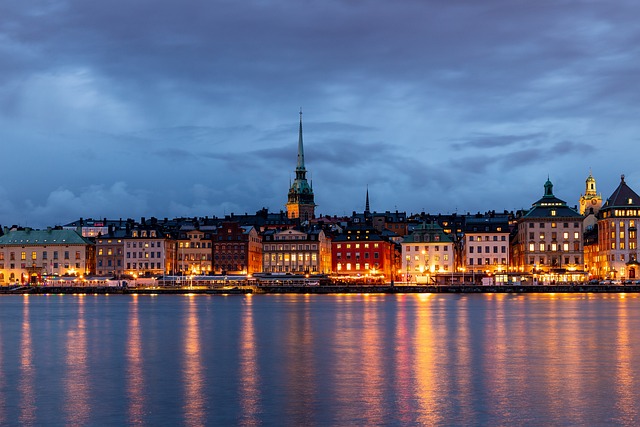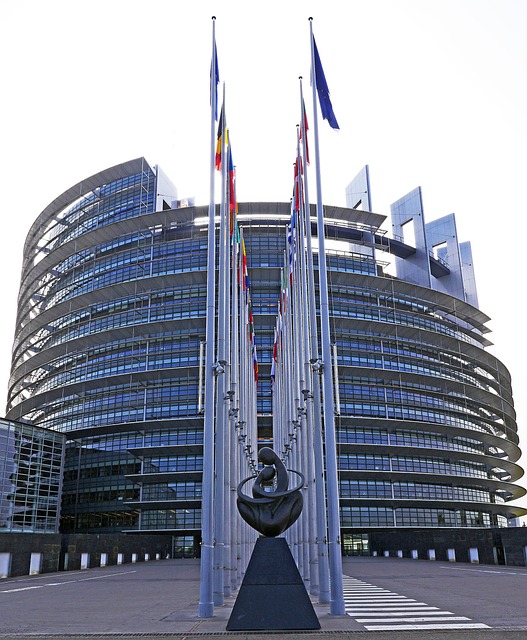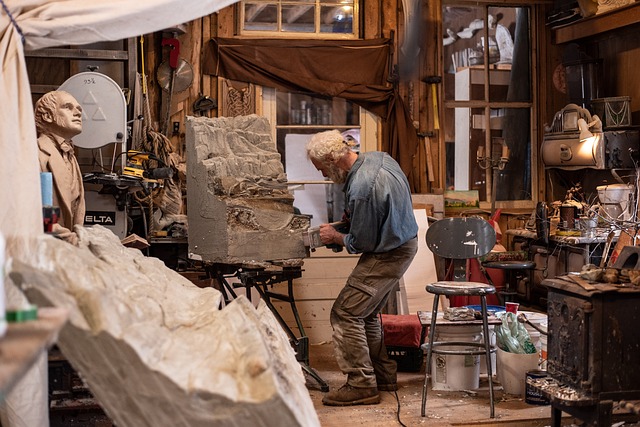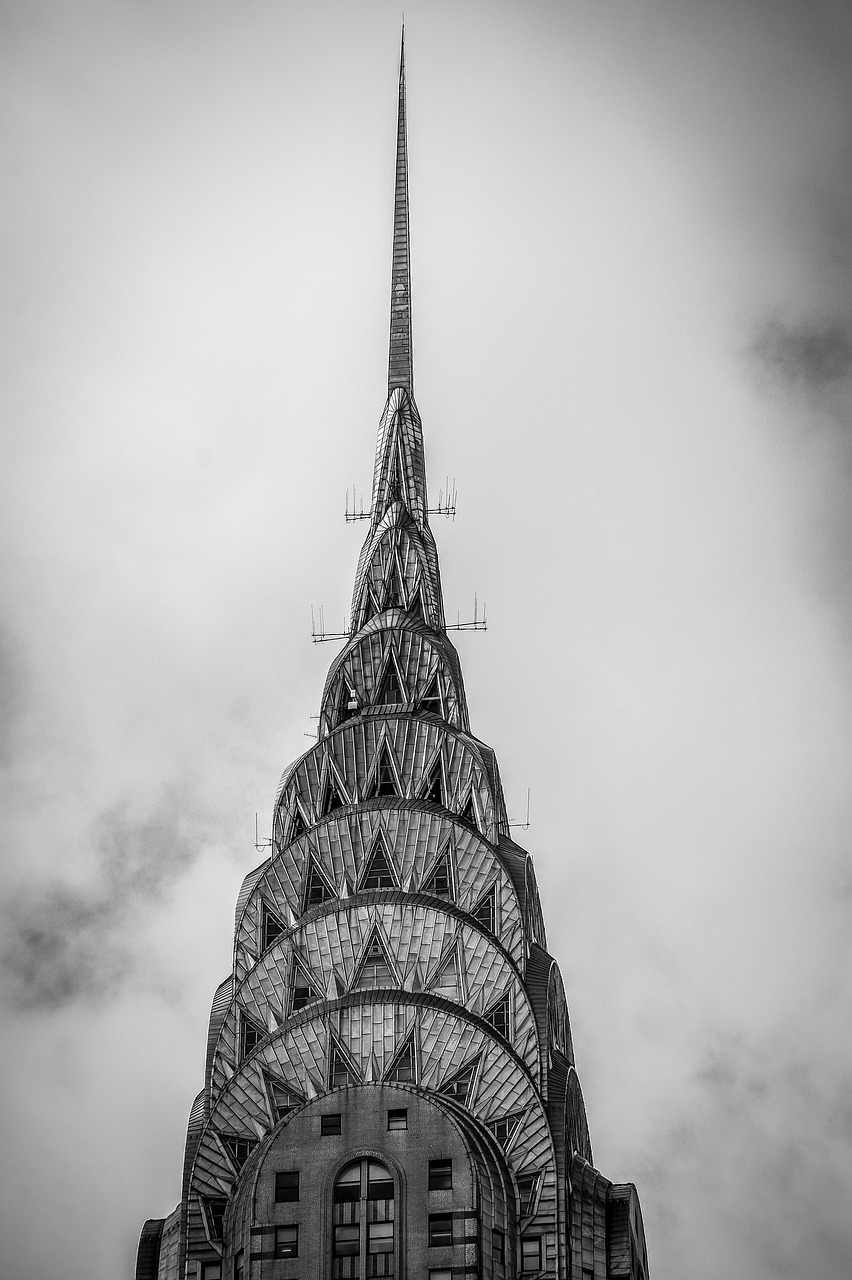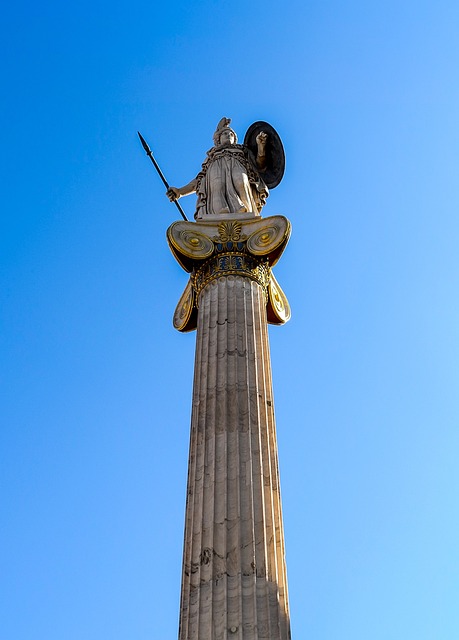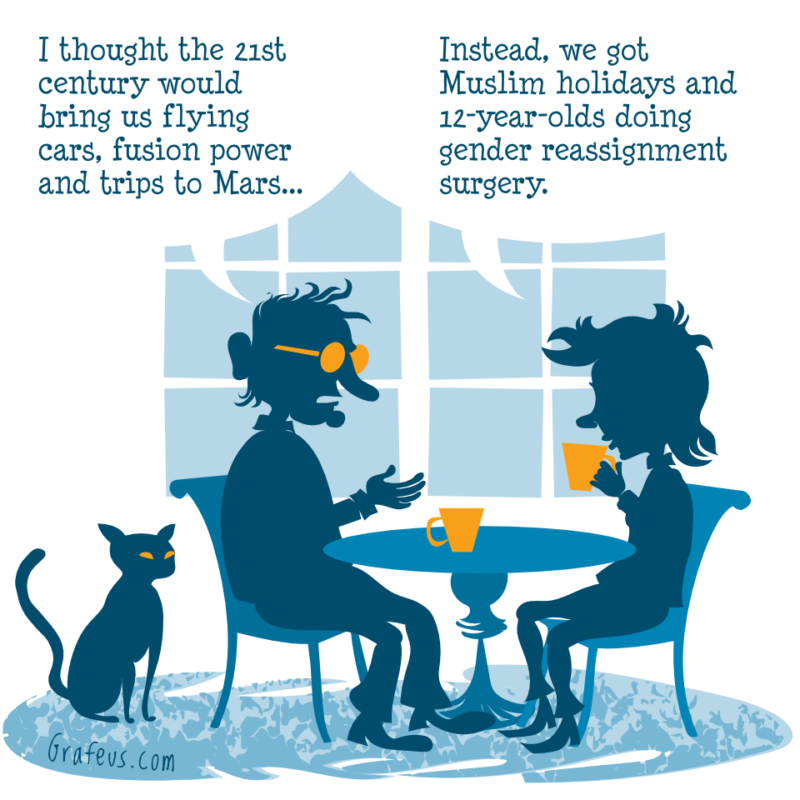On laws that lack popular support
It’s time to think about the new Swedish gender reassignment law, which is controversial to say the least, as it will make it easier for minors to undergo gender reassignment surgery. Or that trans women will be allowed into formerly female rooms. The whole area is complicated, as it is not really possible to change … →
Conflux of ideology
Left or right? Some people talk about the death of ideologies, but what is the real situation, is it high time to scrap yesterday’s political thinking, or is it time for an overhaul and renovation? If we start with socialism. There are a lot of people who are upset about the left and its foolishness. … →
Ideological and political self-torment
It is becoming increasingly clear that the West is heading for a self-inflicted crisis, not only economic but also cultural. Let’s sort it all out. We have a serious demographic problem. The first thing people think about is immigration, or rather mass immigration. Hundreds of thousands of new inhabitants put society to the test, as … →
The transformation into a dependent and disempowered state
Those of us who have been around for a while may notice a pattern in how certain laws and regulations are implemented. The new criticised Swedish gender identity law is to be pushed through at any cost, and this is carried out by a center-right-wing government with nationalists as a supporting party. It is somewhat … →
Racism – the magic word
Racism was originally about ideologically opposing certain ethnicities, demanding special legislation that disadvantages them, threatening them or even using violence against them. But the concept of racism has a much wider meaning today. It can be about a privately owned company not hiring someone of a certain skin colour, a doorman not letting in a … →
The desire of the mediocre to hold back the skilled
There has always been an incentive for the mediocre to hold back the skilful. The driven and competent make the others look half-baked. And this is not appreciated, better to regulate and restrain those who want too much. And there are many different traces of this in human history. Today we think of it as … →
Tyranny in progress
When our modern liberalism came into vogue, also known as social liberalism, it embraced equality, social safety nets and greater state responsibility. This happened in many countries (especially in Europe) after World War II and beyond. Liberalism became a kind of super-ideology, and there were international organisations that accelerated its progress, including the United Nations. … →
Work, activity, deed
Views on labour have changed over time, and so has its meaning. Even today, the concept of ‘work’ is somewhat diffuse, as it is a multifaceted word. On the one hand, we can engage in repetitive labour, which is necessary but boring and may even expose the body and mind to harm. On the other … →
A reliable and safe society
Many people who have travelled in Asia, especially in Japan, come home and tell us how safe and orderly it is there. They are fascinated by clean streets and squares, high standards, well prepared food, low crime, trains that arrive on time, and that people are well dressed, polite and friendly. Let that sink in. … →
Great, greater, greatest – in the age of mega-corporations – where capitalism leads to socialism
According to many communists, the fate of the capitalist system is that the corporations keep growing, until there are only a handful of global giants left, and they control world politics together with the corrupt ruling class. According to the theories of state monopoly capitalism and its inherent imperialist ambitions. Capitalism always strives for monopoly. … →
The missing elite
It was not the Swedes who built one of the richest countries in the world until the 1950s, with strong industry and a world-class air force, any more than it was the Greeks who built the Parthenon temple and calculated the circumference of the earth. It was a rather small elite that did these things, … →




